Editor’s Note: This month, that is October 2020, FII’s #MoodOfTheMonth is Childhood and Relationship With Parents and Family,where we invite various articles to highlight the different experiences that we all have experienced in some form or the other in our birth or chosen families and have been negotiating with them everyday. If you’d like to share your article, email us at pragya@feminisminindia.com.
Trigger Warning: Violence
Recently I visited my relatives and in a regular conversation, I started talking about the news of how a husband cut the belly of his wife to know the sex of the child in Uttar Pradesh. My relative was female, married and has kids. She and my brother have two children, one is about a 3.5-year-old daughter and another is about a 5-year-old son. While I was about to start a discussion on gender based violence in the society, I observed that kids were sitting near to us and were listening to both of us.
Suddenly, my female relative started staring at me and tried to change the topic. I understood that she didn’t want me to discuss the issue in front of her children. Interestingly, a few days back, the father of the children was telling them Pakistan and China are our enemy and they are dirty countries. Children were repeating the same and remembering these ideas as questions to be asked and answer to be given.
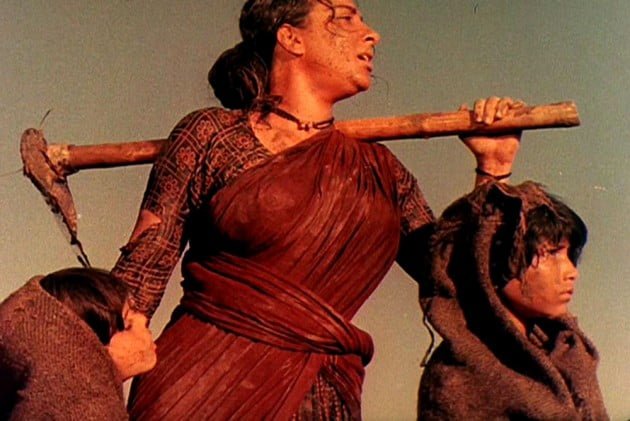
Later in a few conversations, my female relative expressed ‘good mothers’ should not talk about violence in front of the children. I believe that the idea of what a ‘good mother’ is supposed to do destroys children and their childhood. The idea of ‘good mother’ forces the child and mother to live life in a ‘specific’ way. In this ‘specification’, the child is supposed to do what women are teaching to them at their home. The old saying ‘a mother is the first teacher of a child’, seems to be a very burdened saying on women’s identity.
The idea of ‘good mother’ forces the child and mother to live life in a ‘specific’ way. In this ‘specification’, the child is supposed to do what women are teaching to them at their home. The old saying ‘a mother is the first teacher of a child’, seems to be a very burdened saying on women’s identity.
This article focuses us to think on issues of women’s lives and its linkage with the identity of ‘good women’ and childhood. The article focuses on two issues; the first issue is, does the notion of ‘good mother’ is pushing women to practice gendered roles and practices at home? Second issue is, does this practice of becoming ‘good women’ destroy children and their childhood?
In my general observation, I have experienced that to be a ‘good mother’ most women are forced to control their child. They are forced to feel good when they listen to comments like, ‘you are a very ‘good mother’, you know how to ‘control’ your child.’ However, the idea of ‘good women’ and ‘controlling the child’ both are oppressive and patriarchal. The dominant focus on the idea of ‘good mother’ destroys the identity of women and children. The imposed practices, accepted roles and controlled dominant patriarchal actions control lives of women and fasten it to other younger human beings. In this way, patriarchy controls women and children together.
In patriarchy, women are forced to become masters of children. Families and society believe that the life of children is governed by the mothers or mothers have a significant role in constructing/deconstructing behavior of their children. The reality is that the covert assumption of the ‘good women’ and their role are made to maintain patriarchal practices in the society. Therefore, the role of women as ‘good mothers’ is used as a significant tool to maintain patriarchy through motherhood.
The notion of motherhood and care of the child in childhood as well as in their life time has become the primary duty of women because of the cultural dominance of patriarchy and its function. To become a ‘good mother’ most of the women are forced to quit their job and spend more time with children; as if children are only the responsibility of the mother. The idea of ‘good mother’ and control of women on children, marginalises and pushes women to perform dominant and accepted patriarchal actions in the family. These dominant, accepted actions do not question existing gender, caste, and religion based discrimination in the childhood.
To become a ‘good mother’ most of the women are forced to quit their job and spend more time with children; as if children are only the responsibility of the mother. The idea of ‘good mother’ and control of women on children, marginalises and pushes women to perform dominant and accepted patriarchal actions in the family.
Women who question all these are not considered as ‘good mothers’ and the structural-polar thinking mindset of society make others believe that whatever is not ‘good’ is ‘bad’. In this sense, the lives of women and children are destroyed because dominant and accepted notions of what is ‘good’ does not allow them to question inequality and present examples of equality at home.
Also read: Tweaking Children’s Bedtime Stories For A Better Tomorrow
Most of the parents develop the sense that it’s not good to discuss gender and sex based social realities and violence in front of children. In contrast, families practice gender based discrimination and violence at home. Families teach children to practice gender, religion and caste based discrimination in their early childhood knowingly or unknowingly. They confirm that a child believes what they are doing is right and true. Gradually, children start believing that what happens in families is right. Children observe what the mother does and what the father is doing. Only a few children who get an opportunity to understand the society in true sense further question their families and society. When they become adults, get the opportunity to unlearn what they have practiced at their home in their childhood.
In addition to this, elders impose their ideas and values on children and their lives. Most of the parents push their child to live life with specific ideas and ideals and give little or no opportunity to listen to their child. The child again observes how these ideas and ideals are working at home. The dominant structure of inequality and silence towards injustice shapes children and their childhood. Children experience violence and marginalisation at home and do not share about these experiences because they are taught what is not shareable. These children are considered as controlled ‘children’, some may call them ‘disciplined’ children. Later ‘controlled children’ are praised by the family members and society, while the mothers of these children get specific attention and are called ‘good mothers’.
Also read: Un-Tabooing Children’s Sexuality: A Need Of The Hour
However, children stand at powerless, voiceless and oppressed positions in their home, along with their mothers. In my observation, society and families exploit both children and women using the idea of ‘good mother’ and ‘controlled children’. In terms of teaching value to children, the idea of ‘good women’ is violating the lives of women and the childhood of children. The idea of ‘good women’ is simultaneously snatching the freedom of expression and freedom of life from both of them.
Ritika Srivastava is presently pursuing Ph.D. in Education from Tata Institute of Social Sciences, Hyderabad. She has worked in Regional Institute of education (NCERT) Bhopal as Assistant Professor in Education. Being a learner in education, she strongly believes that education can contribute towards social transformation. She is passionate about working with children and teachers. She stands for social justice, equality and peace. You can find her on Facebook.
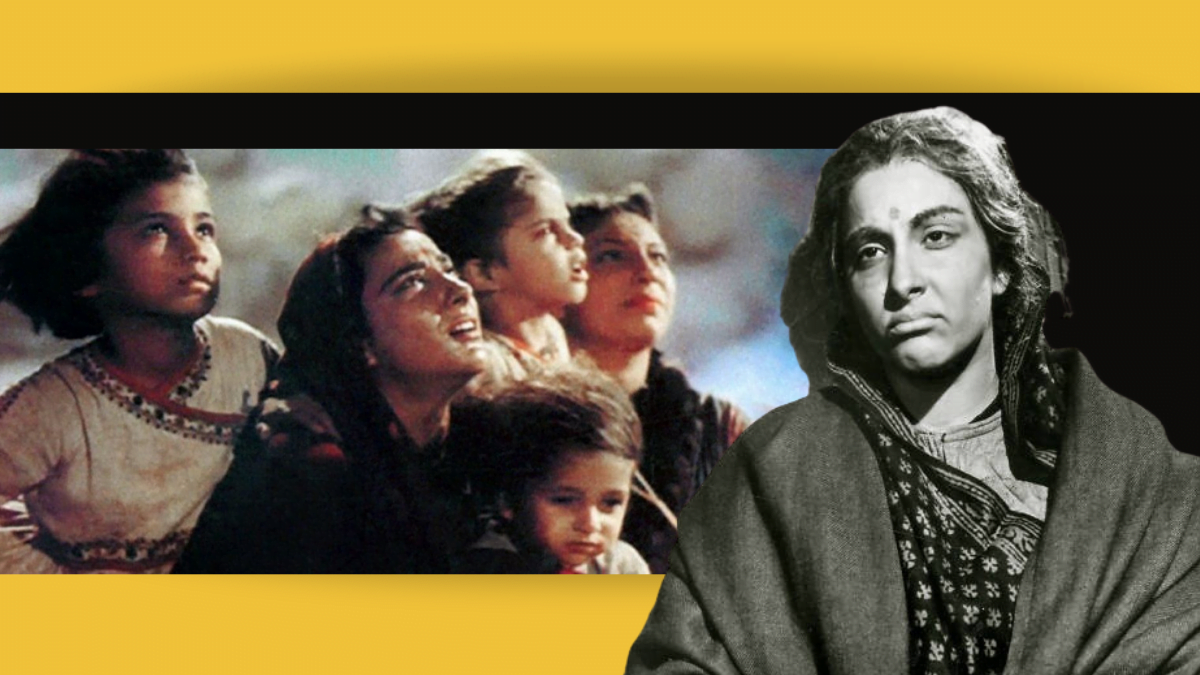
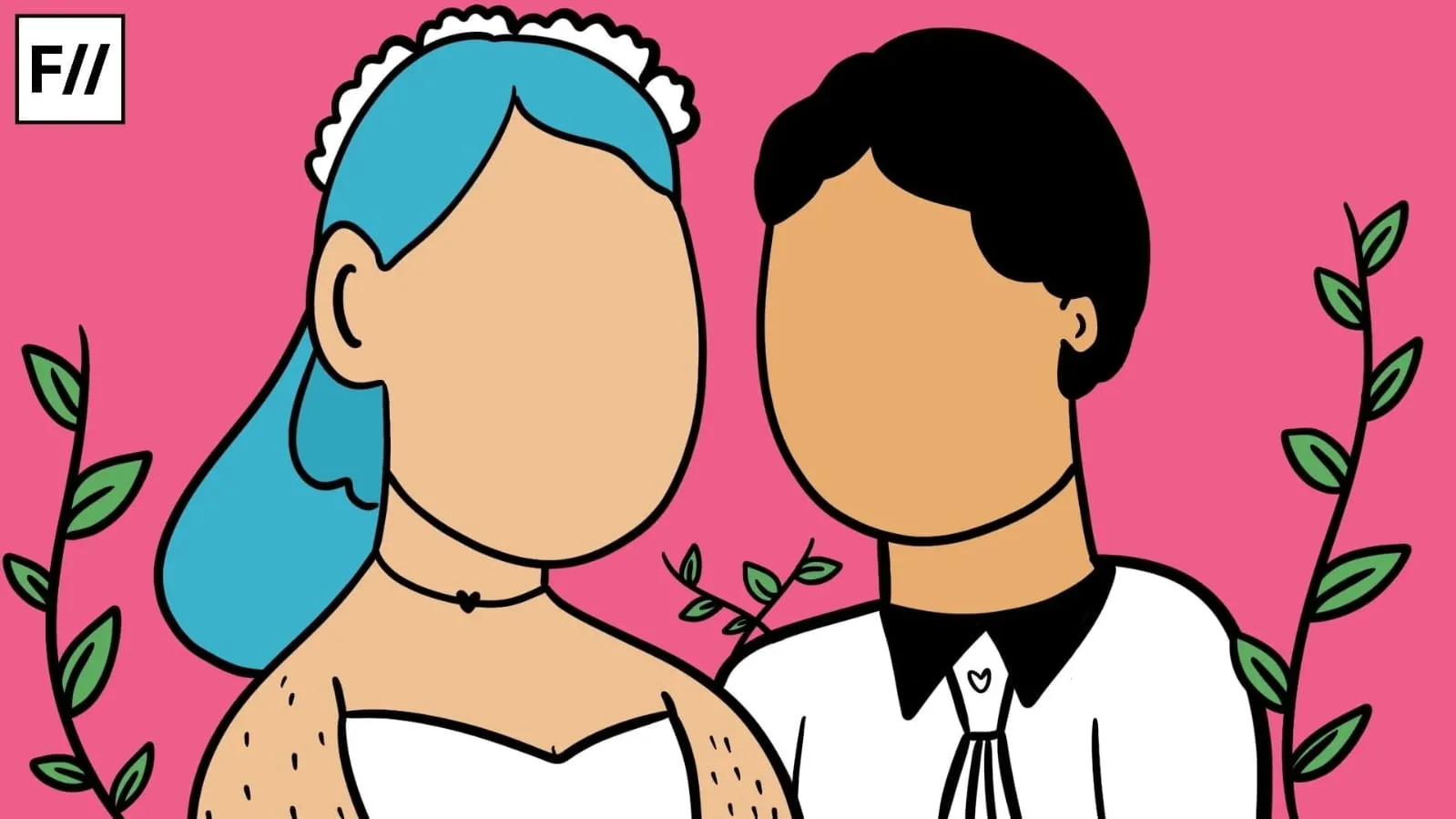
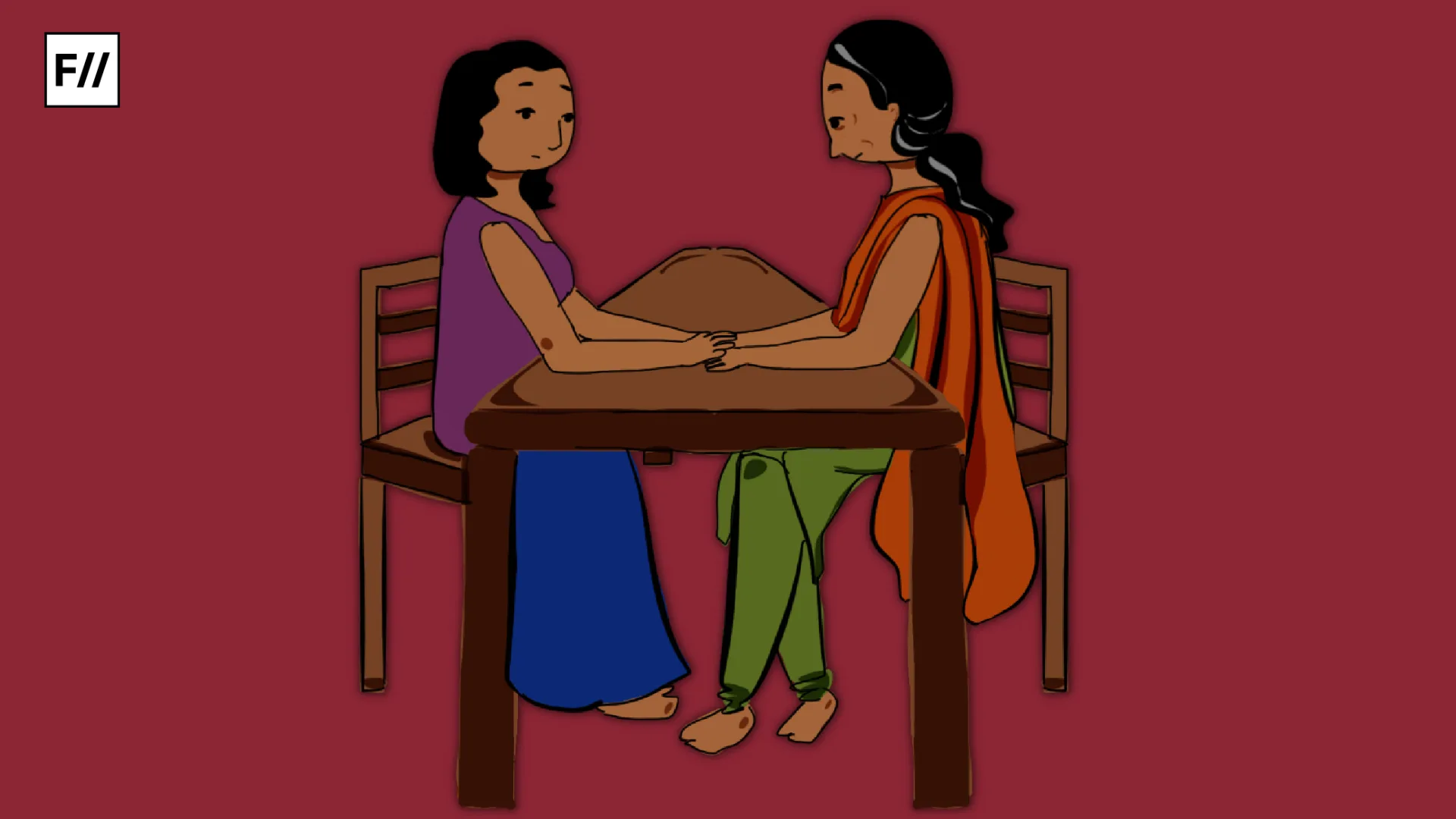
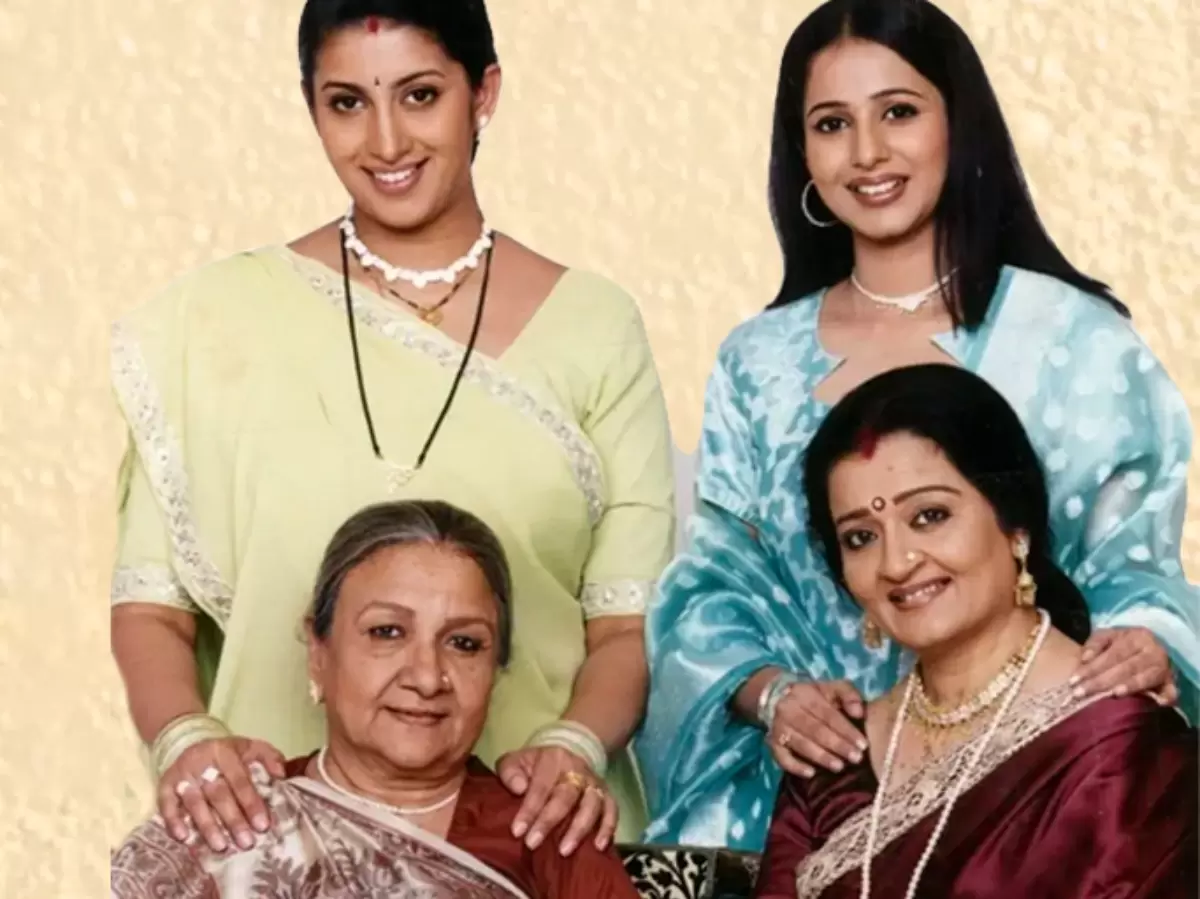

The article is quite relatable to our patriarchial society. Well written!?
This time you have put what happens really into words this happens every day but no one realise that it is happening and is a matter to be amendate